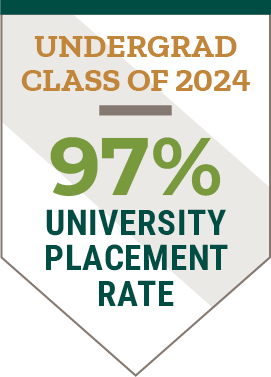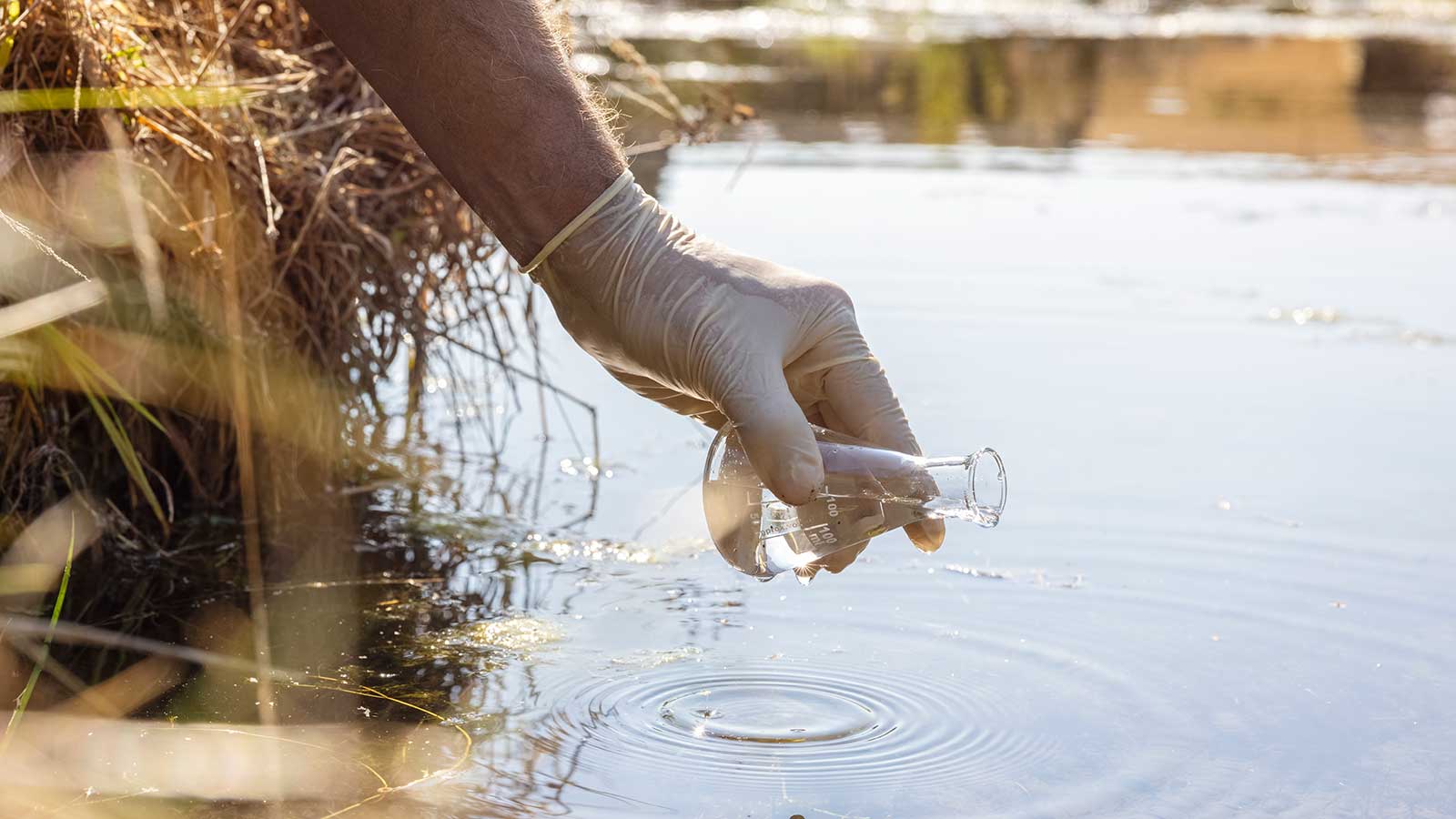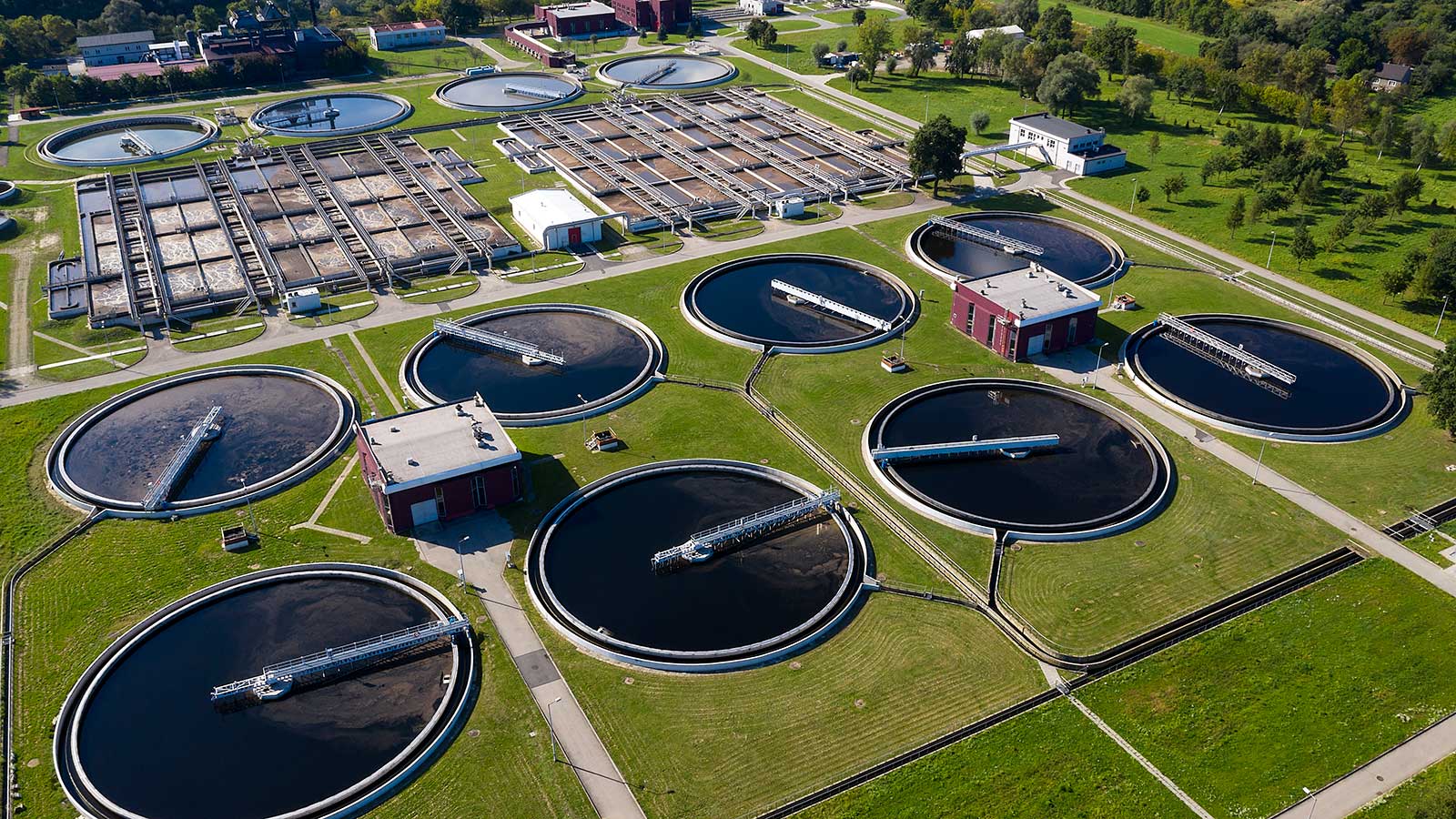
Shape a More Sustainable Future
Environmental Science, Environmental Policy, Environmental Health and Safety (EHS), and Sustainability are interconnected disciplines crucial for addressing contemporary environmental challenges and ensuring the well-being of both ecosystems and human populations. While each field has its distinct focus, they intersect in various ways, fostering a holistic approach to environmental protection and management.
Clarkson University's Bachelor of Science in Environmental Science and Sustainability gives you a broad background in relevant laws, history, ethics, chemistry, biology, groundbreaking technologies, and sustainable practices. Then, customize your course of study with a concentration based on potential career paths in:
- environmental health and safety
- environmental science
- environmental policy or
- sustainable solutions
This interdisciplinary degree reflects today's multipronged approach to sustainability — one that preserves the natural world, supports biodiversity, and balances human impact with protection of the planet we all share.
Why Study Environmental Science and Sustainability at Clarkson?
Our program is tight-knit, rigorous and designed so that you can tailor the curriculum to your interests. The coursework emphasizes sustainability and hands-on experience through projects, starting from your very first year of studies. In your final year, you complete a capstone project that allows you to explore your research interests. A robust number of minors helps you round out your education. You'll
All students must participate in a co-op, internship, directed research or a community project to graduate. You also have the opportunity to apply your knowledge in immersion experiences like a Global Business Program trip focused on socioeconomics and sustainable development in East Africa. Our world-class faculty frequently invite students to collaborate on their research teams and serve as mentors for their own projects.
We take pride in putting our sustainability education into action. The major is offered through our Institute for a Sustainable Environment, a renowned cross-campus hub for education, research and campus sustainability initiatives. We have been named one of the most environmentally responsible colleges in the country by The Princeton Review and one of the top 75 most eco-literate colleges by the Sierra Club. We have also received a gold rating from the Association for the Advancement of Sustainability in Higher Education.
And, our Environmental Science & Sustainability majors had a 100 percent placement rate in 2024.
What You Will Learn and Do
- Use a systems perspective to address significant environmental, cultural and ethical issues related to human and natural systems in an informed, just and equitable manner.
- Develop skills to use state-of-art tools and techniques for environmental science and sustainability investigations and solutions.
- Work closely with faculty and interdisciplinary student teams to explore and investigate systems ranging from our backyard beaver pond to a manufacturing facility to collect data for analysis and propose solutions to real-world and challenging sustainability problems.
- Communicate the essential elements of environmental inquiry and design through multi-media approaches to a variety of audiences.




